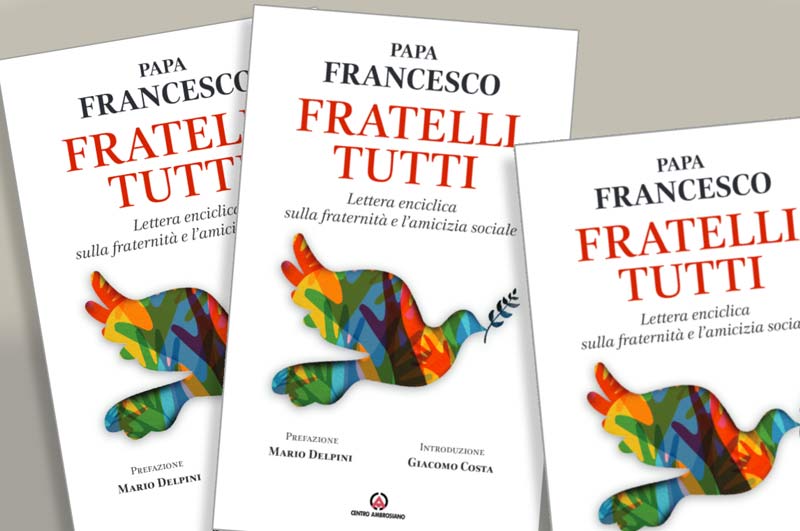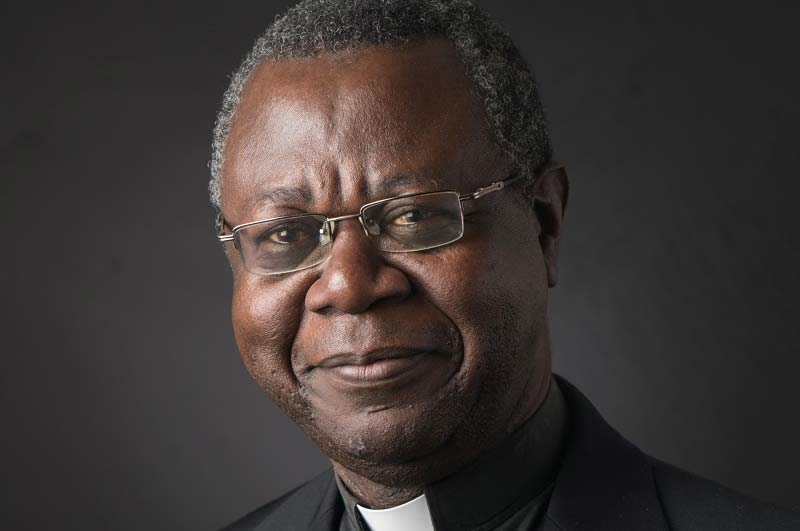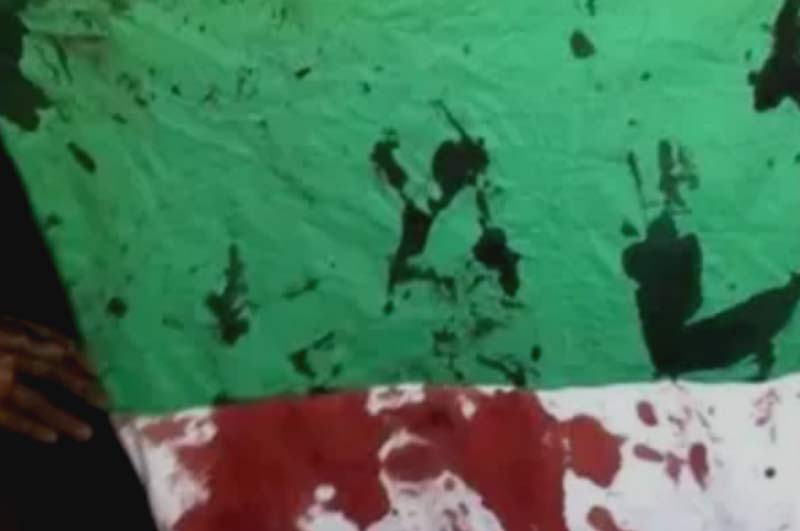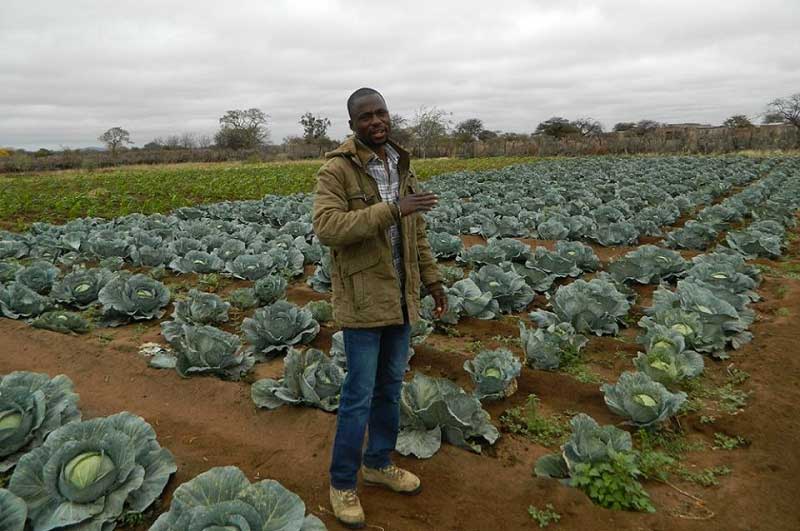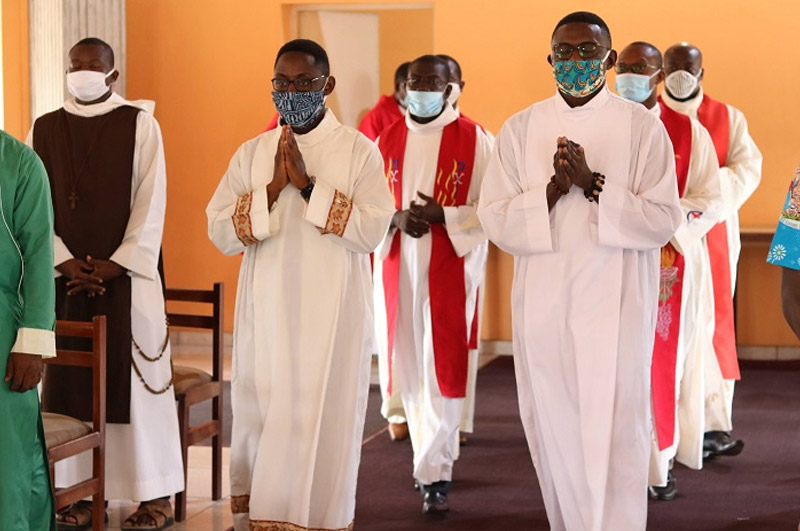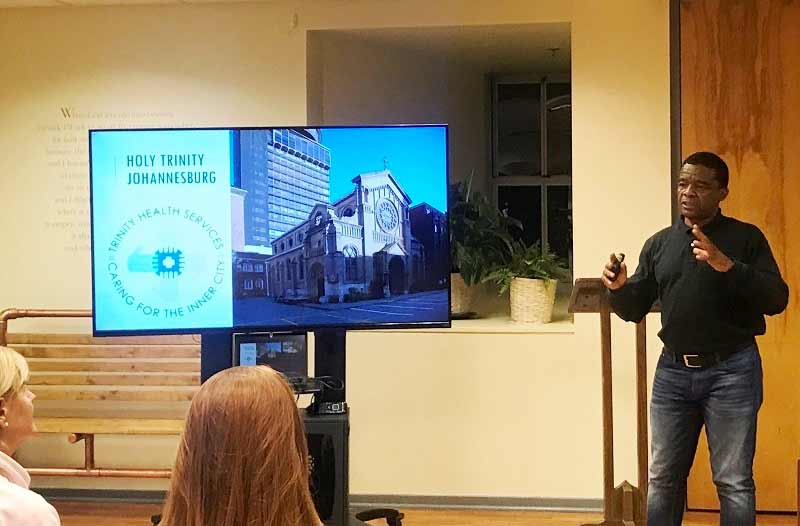


Concluding their recent meeting in Washington DC, the Global Ignatian Advocacy Network (GIAN) Migration group issued a statement calling upon the Ignatian family to increase advocacy efforts and to promote hospitality and solidarity for vulnerable migrants and refugees.
Read the statement HEREThe GIAN Migration group comprised of a representative from each of the six Conferences of the Society of Jesus, the Jesuit Refugee Service (JRS) and the Justice and Ecology Secretariat (SJES) in Rome, convened from 3 – 7 February in the US capital to reflect on the dynamics of forced migration and to strategise on possible and effective interventions. Extensive analysis and sharing on disturbing challenges, developing trends, patterns that include the increasingly precarious nature of migration, and the general dynamics that also comprise the rising hostility towards vulnerable migrants, led to the appeal made by the group.
Scrutinising and discerning the inexorable and on-going crisis of migration and forced displacement all over the world, amplified the sense of the gravity of the issues raised during deliberations and discussions. It was unmistakably obvious that the tide of hostility towards vulnerable migrants and the forcibly displaced has risen and continues to rise at a distressing rate. Consequently, the considerations of these issues highlighted the need for an increased advocacy and a concerted effort at promoting hospitality and solidarity for the vulnerable migrants and the forcibly displaced.
It was of particularly serious concern to note that phobias like xenophobia and aporophobia (fear of the poor and marginalised) are prevalent everywhere where one finds migrants, especially vulnerable migrants and the forcibly displaced. These phobias, delegates noted, present themselves in various ways that range from conspicuous to inconspicuous or obscure. Some are violent and often leading to fatalities, while others are not so violent but being equally demeaning and violating human rights.
The call, therefore, to bolster advocacy and promote hospitality and solidarity in all Jesuit Conferences is not exclusively, for Jesuits and their collaborators accompanying serving and advocating for vulnerable migrants and refugees, but to all. It is a reminder of the moral obligation to all to restore and protect the human dignity of the forcibly displaced by heeding Pope Francis’ call to 'Welcome, Promote, Protect and Integrate' those who have been forced to flee their homes. Given the magnitude of this mission which is an integral part of the Universal Apostolic Preferences (UAPs) of the Society of Jesus, deliberate and concerted collaboration will be indispensable.
The group decided that analysis and research of different contexts and migration situations in the different Conferences, should be encouraged so that the strengthening of advocacy work would be supported by scientific analysis and credible information from the ground. As the surge in migration policy is more towards hostility, this work will be particularly helpful on issues of advocacy around policy and legal frameworks. The mapping exercise will be included as well. This will increase possibilities of sharing not only best practices but also promotion of collaboration, including inter-conference collaborations on issues of common concern and service provision.
With all these hopefully in place in the near future, advocacy for the rights of vulnerable migrants and the forcibly displaced will be strengthened while host communities become more hospitable and are in solidarity with our brothers and sisters who have had to flee their homes.
Related Articles



Select Payment Method
Pay by bank transfer
If you wish to make a donation by direct bank transfer please contact Fr Paul Hamill SJ treasurer@jesuits.africa. Fr Paul will get in touch with you about the best method of transfer for you and share account details with you. Donations can be one-off gifts or of any frequency; for example, you might wish to become a regular monthly donor of small amounts; that sort of reliable income can allow for very welcome forward planning in the development of the Society’s works in Africa and Madagascar.
Often it is easier to send a donation to an office within your own country and Fr Paul can advise on how that might be done. In some countries this kind of giving can also be recognised for tax relief and the necessary receipts will be issued.


